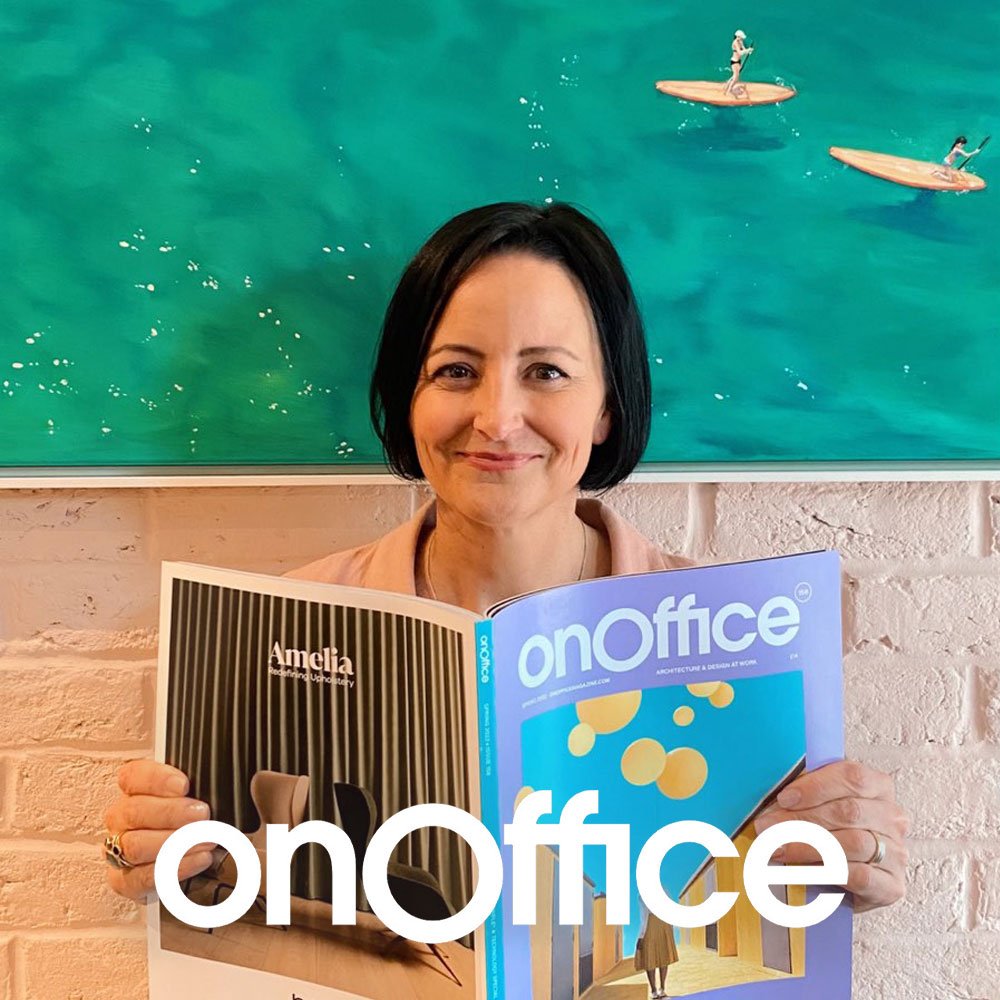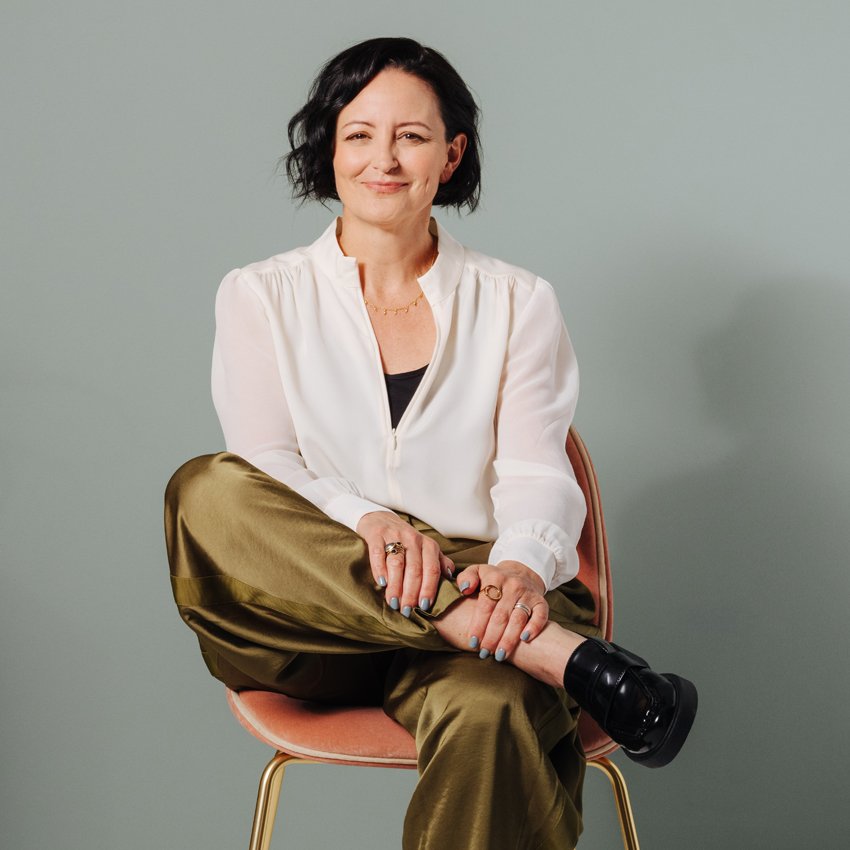The Future of Work Must Be Healthy
Emma Morley*
As published in onOffice magazine.
Trifle* Founder and Director Emma Morley, was invited to write an opinion piece for the Summer issue of OnOffice Magazine
For many of us, the challenges of the last two years have highlighted the truth in Virgil’s words, ‘The greatest wealth is health’.
Healthy Working
Having been recently diagnosed with the chronic condition Meniere's disease, a vestibular disorder causing vertigo, disequilibrium, nausea and fatigue amongst other unpleasantries, I have been thinking a lot about how workspaces can support people whose daily lives vary from the ‘regular’. I have also been talking to both traditional and alternative health care professionals and it would appear that we are seeing unsurpassed levels of individuals with physical and/or mental health issues.
Thoughtful Design
Architecture has the ability to impact how we feel, behave and even how we recover from illness. Thoughtfully designed spaces can be nurturing and therapeutic to the extent that they can positively affect our wellbeing.
Mental Health Crisis
Mental health charity Mind, reports that more than half of adults say their mental health has worsened during the pandemic and 1.3 million people in the UK are experiencing long COVID (ONS). 20-21% of UK adults (14 million) are disabled (Scope), 4.4 million in the workplace. It is estimated that approximately 70% of these disabilities are invisible.
Design for Productivity
So if we can design spaces to inspire and support productivity then so too should we be including areas within workspaces that can comfort, nurture, soothe and restore. By starting the design process with ‘people-first’ and ensuring that means ‘all people’, we can begin to create spaces that feel more considered, inclusive and caring.
So, how?
Inclusive design processes key to any modern workspace project; This process explores ways of serving a full spectrum of people who make up a diverse market. Creating varied solutions for different groups of people, rather than a one size fits all approach. It considers cultural, social, and other needs which extend past those of the perceived ‘average’ or ‘typical’ user of any space.
Community engagement give a wide variety of people the opportunity to speak up about how they want their workspace future to be shaped. And be willing to listen.
Light, sound & air these are the greatest causes of stress in an office environment. Equitable access to natural lighting is key. Quality lighting that changes through the day or that can be individually controlled to suit our circadian rhythms should be considered. Areas with acoustic control for focus or ‘retreat’ are a must. Fresh air and good ventilation is a given.
Well integrated tech this should be a factor that can enhance wellbeing by being seamless, user-friendly. Tech must consider both virtual and physical users of a space - Google’s ‘campfire’ is a great example of this.
Communication underpinning all communications and strategy with a tone of wellbeing, trust and openness is critical for businesses returning to the office and implementing hybrid (or similar) models. Signage and touch points throughout a space can tell us they care by being inclusive whilst enabling a positive user experience of any space.
Fostering a sense of community returning to spaces that encourage considered gathering areas alongside collaborative, idea sharing opportunities should be a core part of all future workspaces.
Sustainable & natural materials biophilic design theories are long proven in supporting the health of inhabitants alongside the use of sustainable finishes and furniture. Always seek opportunities to bring the outside in.
Autonomy and flexibility workplace autonomy increases an employee’s sense of job satisfaction, motivation, creativity and overall well being.
Whilst high functioning work environments cannot address every issue, they can and should be attentive to our health. Not as tokenism or as a ‘perk. It may never have been so critical to create workspaces that show that they care.
Emma Morley
Author: Emma Morley, Founder and Director
Emma founded Trifle* in 2010 after a career in marketing, event design and production. Frustrated by the fact that only advertising agencies had inspiring spaces she had a desire to make good design the norm for all office workers. Emma has worked across well over 150 interior projects during her career at the helm of Trifle*, she remains passionate about making amazing spaces but also making the industry more accessible, more human and more diverse.


